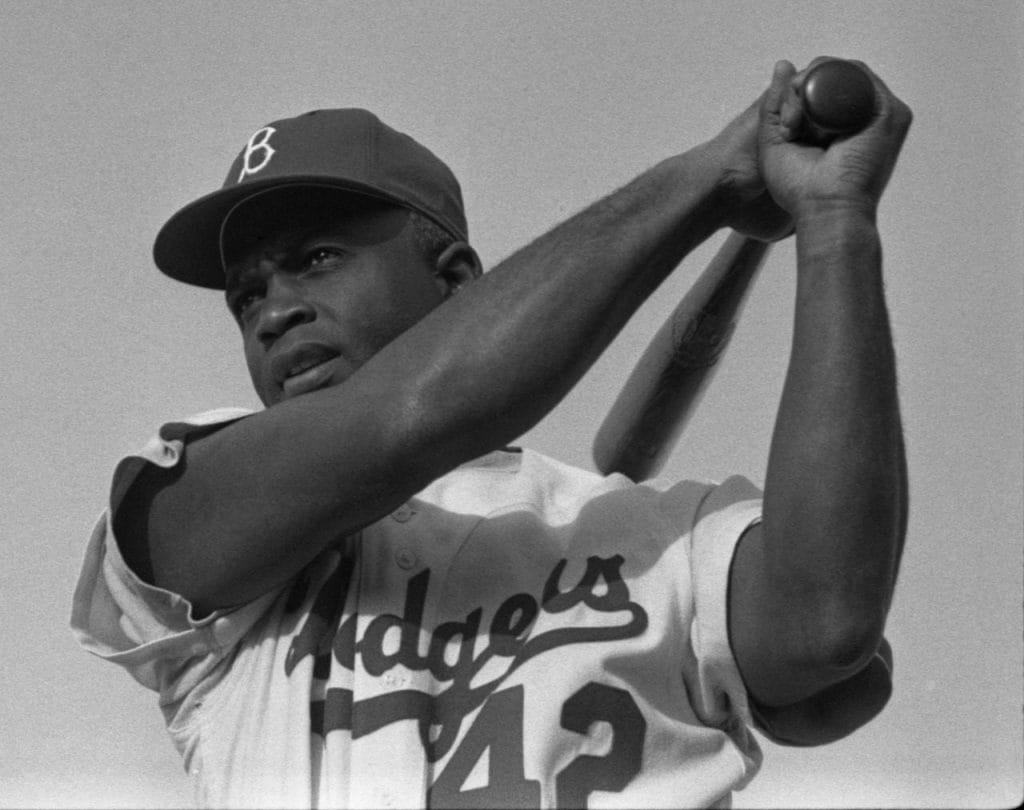Authorities have uncovered disturbing details in the case of the tragic assassination of Charlie Kirk at Utah Valley University. Tyler Robinson, the 22-year-old charged with the crime, was in close communication with his partner, revealing chilling information about the shooting. Robinson, who fired the fatal shot from a rooftop during Kirk’s speech, confessed to his partner via text messages. Despite the partner’s shock, no report was made to law enforcement. Robinson’s parents eventually helped facilitate his peaceful surrender after recognizing him in a photo released by authorities.
The charging documents revealed a troubling narrative of the events leading up to Kirk’s murder. Robinson allegedly used his grandfather’s rifle to carry out the attack, which matched his DNA found on the trigger. The motive behind the assassination remains unclear, but text messages from Robinson suggest a deep-seated resentment towards Kirk’s beliefs, particularly on anti-transgender views.
Robinson’s family described him as becoming increasingly politically active in the past year, with a shift towards supporting gay and transgender rights. His drastic change in viewpoints led to tensions within the household, especially with his father, who embraced MAGA ideology. Robinson’s surrender was prompted by a family friend, a retired sheriff’s deputy, after his parents confronted him about the crime.
In the aftermath of the shooting, Robinson detailed his movements and attempted to cover up evidence by discarding the weapon and directing his partner to delete incriminating texts. The investigation now extends to others potentially involved in the crime, including participants in an online chatroom with Robinson.
The tragic incident has sparked a national conversation on political violence, division, and accountability. As the community grapples with the implications of Kirk’s assassination, questions arise about the future of civil discourse and the consequences of extreme ideologies.

